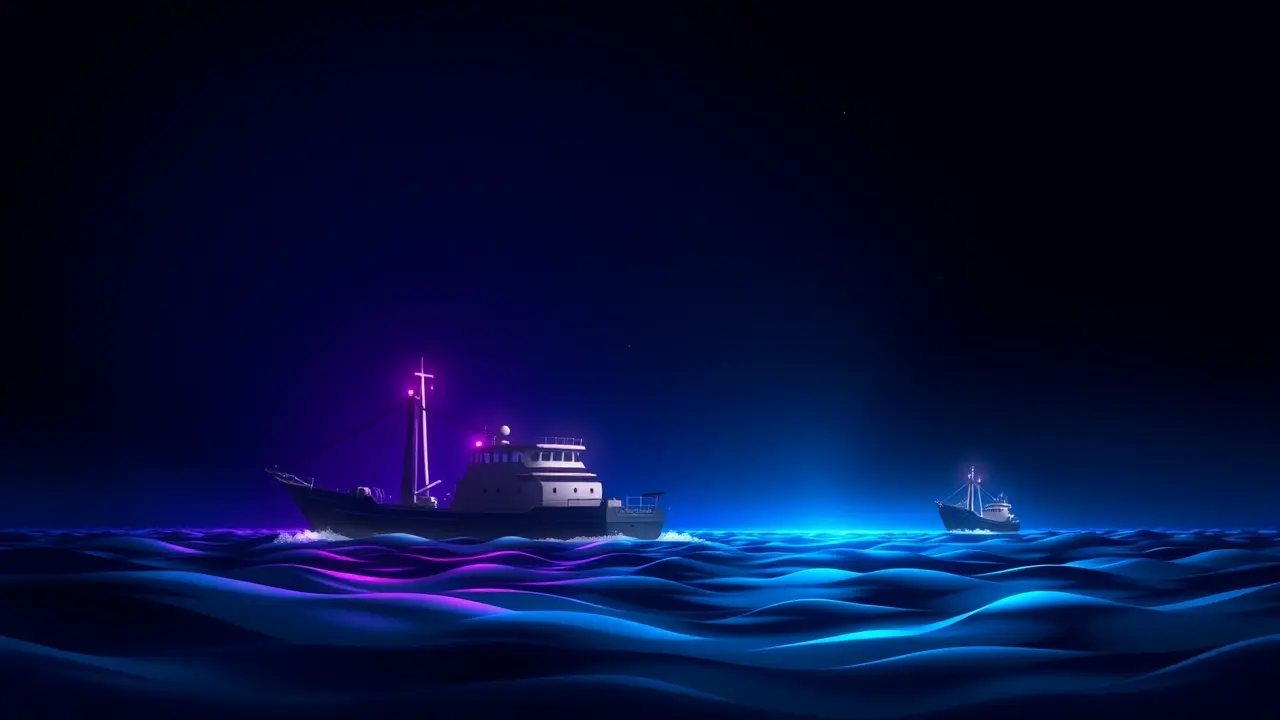
Politicshuman rightsHuman Rights Reports
UN Condemns US Military Strikes on Suspected Drug Boats
AN
Anna Wright
3 days ago7 min read
In a striking condemnation that reverberated through the halls of international diplomacy, the United Nations human rights chief, Volker Türk, declared on Friday that the United States military's targeted strikes against vessels in the Caribbean Sea and eastern Pacific Ocean—boats suspected of trafficking illicit narcotics from South America—are fundamentally 'unacceptable' and must cease immediately. This pronouncement, delivered with the gravitas of a seasoned human rights advocate, marks a significant escalation in the long-simmering tension between unilateral security actions and the inviolable principles of international law, echoing the fraught debates that often define UN General Assembly sessions where national sovereignty and global responsibility collide.Türk, through his spokeswoman Ravina Shamdasani, did not merely issue a reprimand; he issued a clarion call for a thorough, impartial investigation into these military operations, which ostensibly target the flow of cocaine and other drugs but, in doing so, potentially violate the very human rights frameworks the UN is sworn to uphold. This is not an abstract legalistic quarrel; it is a matter of life and death, touching upon the precarious lives of those on these boats—individuals who, regardless of their alleged crimes, are entitled to due process and protection from extrajudicial killing, a cornerstone of the Universal Declaration of Human Rights.The U. S.justification, often framed within the context of the enduring 'War on Drugs,' a campaign with a decades-long legacy of militarized intervention in Latin America, now faces its most direct institutional challenge from the global body's primary human rights office. One must consider the precedent this sets: if a nation, however powerful, can unilaterally deem a vessel in international waters a legitimate military target based on suspicion, what prevents a cascade of similar actions by other states, further eroding the maritime legal order and endangering countless mariners? The human cost is often obscured by the strategic rhetoric of counter-narcotics, but behind the headlines are fishers, traders, and desperate individuals caught in the crosshairs of a geopolitical struggle, their stories lost in the sound of explosions.This confrontation forces a painful re-examination of the efficacy of such forceful interdiction methods, which have done little to stem the tide of narcotics over the past forty years but have significantly exacerbated violence and instability in producer and transit nations like Colombia, Peru, and Bolivia. The UN's stance, championed by Türk, reflects a growing, empathetic consensus among human rights organizations and legal experts that security cannot be pursued at the expense of justice, and that the relentless pursuit of a drug-free world has, in too many instances, legitimized actions that undermine the very values it claims to protect. The response from Washington will be telling; will it dismiss this as bureaucratic overreach, or engage in a meaningful dialogue that acknowledges the complex interplay between security imperatives and the non-negotiable tenets of human dignity? The answer will not only define the future of drug interdiction policy but will also signal the United States' commitment to the multilateral system it helped to build, a system now asking it to account for its actions on the high seas.
#UN
#United States
#military strikes
#drug trafficking
#human rights
#Caribbean Sea
#investigation
#featured
Stay Informed. Act Smarter.
Get weekly highlights, major headlines, and expert insights — then put your knowledge to work in our live prediction markets.
Related News
Comments
It’s quiet here...Start the conversation by leaving the first comment.
© 2025 Outpoll Service LTD. All rights reserved.











